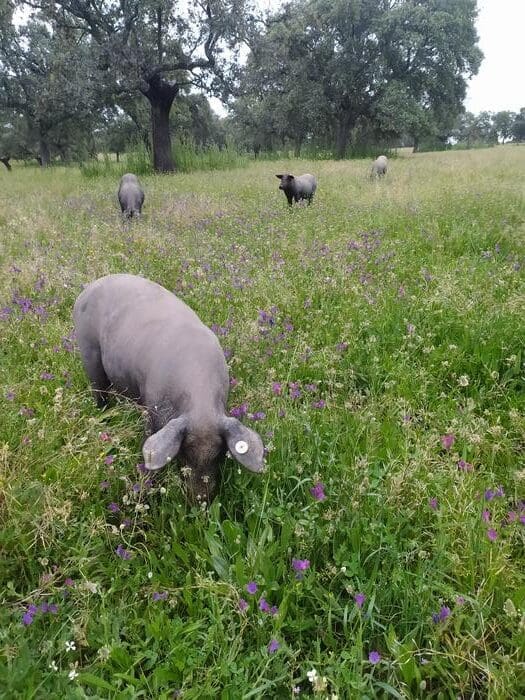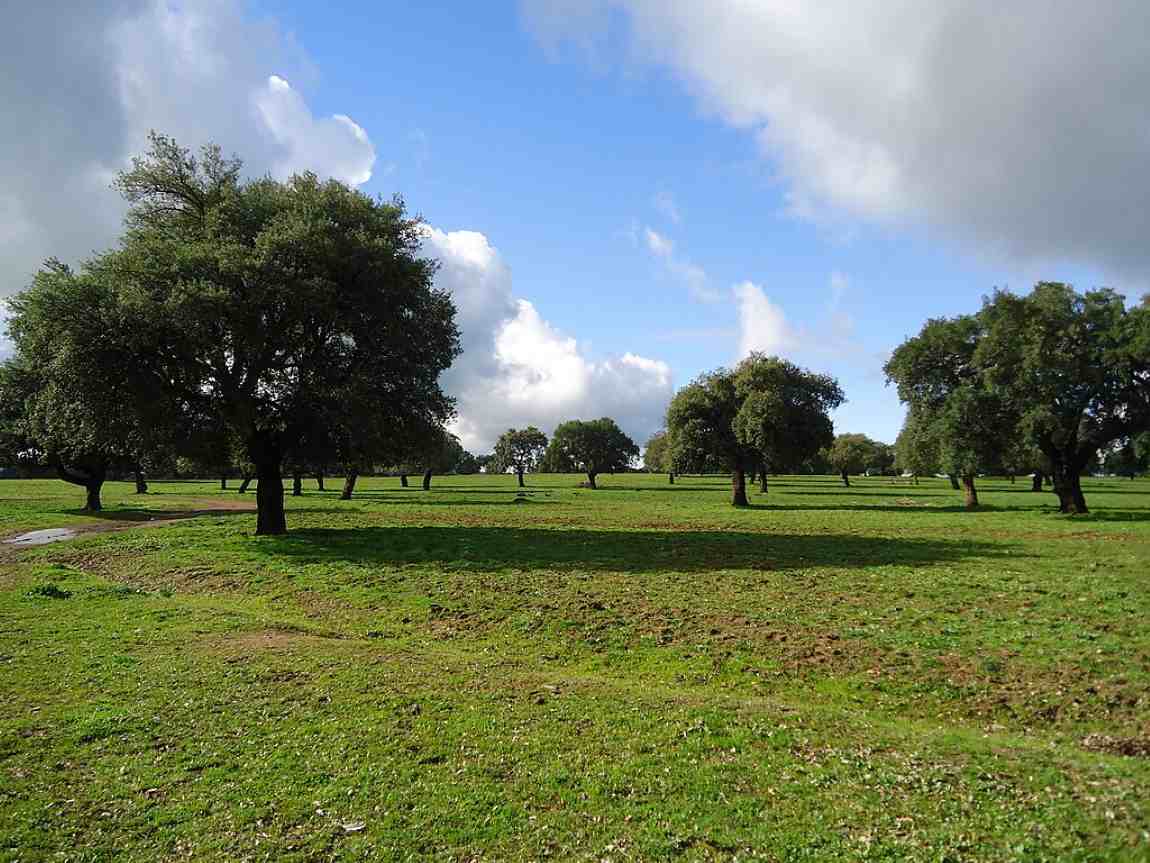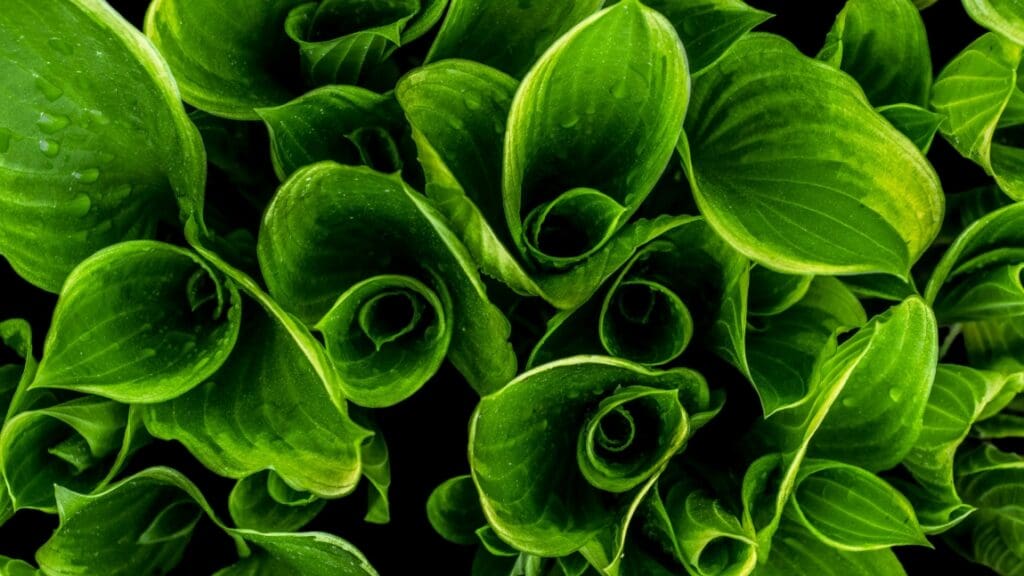
In Spain’s iconic dehesas – vast oak-studded pastures integral to the country’s extensive livestock farming – droughts are dealing a severe blow to grass production, a key natural resource for livestock feed.
A recent study, part of the European ScaleAgData project, has quantified the effects of water scarcity on pasture productivity, aiming to equip farmers with data-driven strategies for optimizing livestock management in response to fluctuating water availability.
The research, led by the Andalusian Institute for Research and Training in Agriculture, Fisheries, Food and Organic Production (IFAPA) in collaboration with the University of Cordoba, analyzed 17 years of meteorological and remote sensing data. The study found that in the driest periods from 2001 to 2018, grass productivity plummeted by as much as 67%, highlighting the severity of drought’s impact on the ecosystem.
Through sophisticated modeling, the researchers linked grass productivity with water availability and stress levels. This methodology allows the generation of production curves that forecast grass growth based on weather conditions, providing a critical decision-making tool for livestock managers.
The tool, now being introduced by COVAP, Spain’s largest livestock cooperative in Córdoba, will support farmers in optimizing feed use and adjusting livestock numbers in drought-prone conditions. Researchers believe this data-driven approach could be replicated in other Mediterranean and semi-arid regions to help adapt agricultural practices to the challenges of climate change.
The study’s results underscore the urgent need for adaptive management in Spain’s dehesas, where climate variability is reshaping the availability of natural resources. As droughts become more frequent and severe, tools that predict water-stressed grass yields may prove invaluable for sustainable livestock farming in one of Europe’s most vulnerable landscapes.
Journal Reference:
María J. Muñoz-Gómez, Ana Andreu, María D. Carbonero, Ángel Blázquez-Carrasco, María P. González-Dugo, ‘Impact of water stress on Mediterranean oak savanna grasslands productivity: Implications for on-farm grazing management’, Agricultural Water Management 303, 109025 (2024). DOI: 10.1016/j.agwat.2024.109025
Article Source:
Press Release/Material by University of Córdoba
Featured image credit: Parnacor15 | CC BY-SA 3.0 ES via Wikimedia Commons




